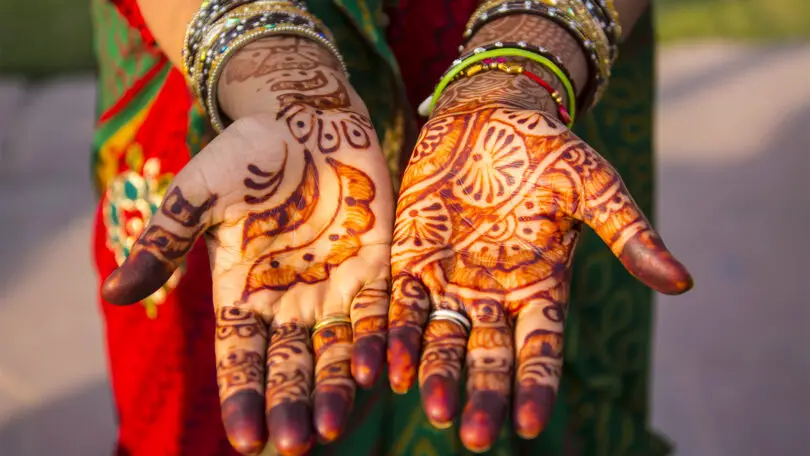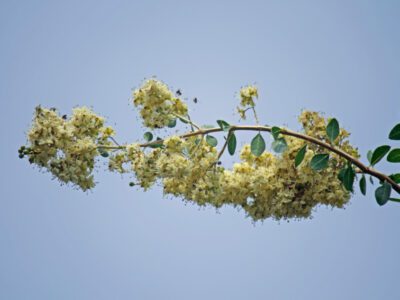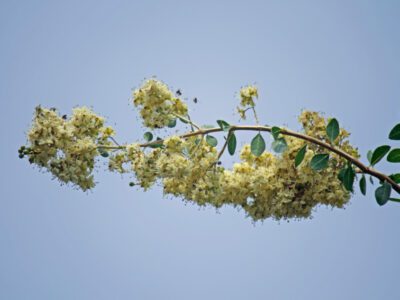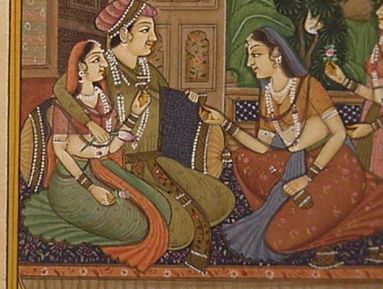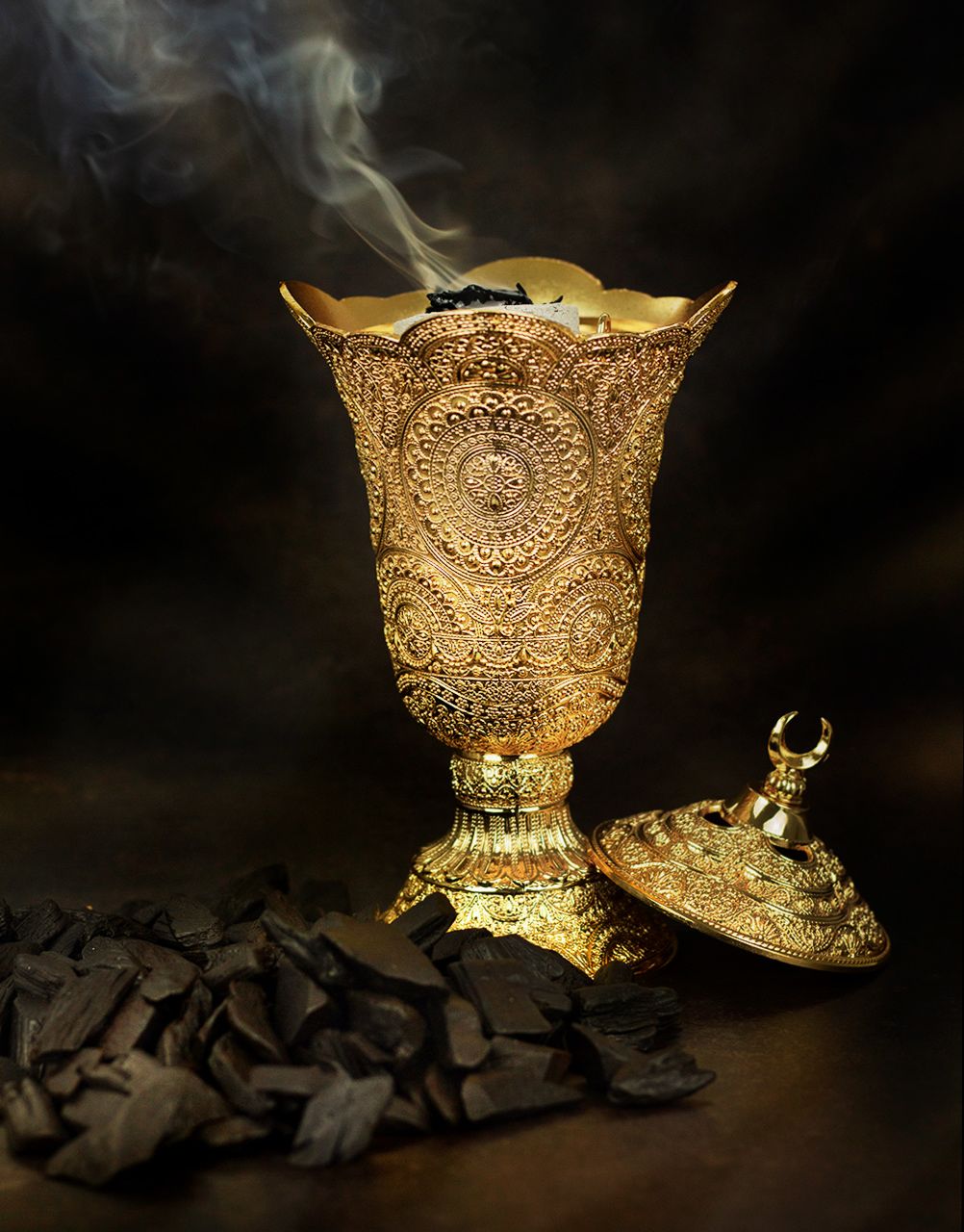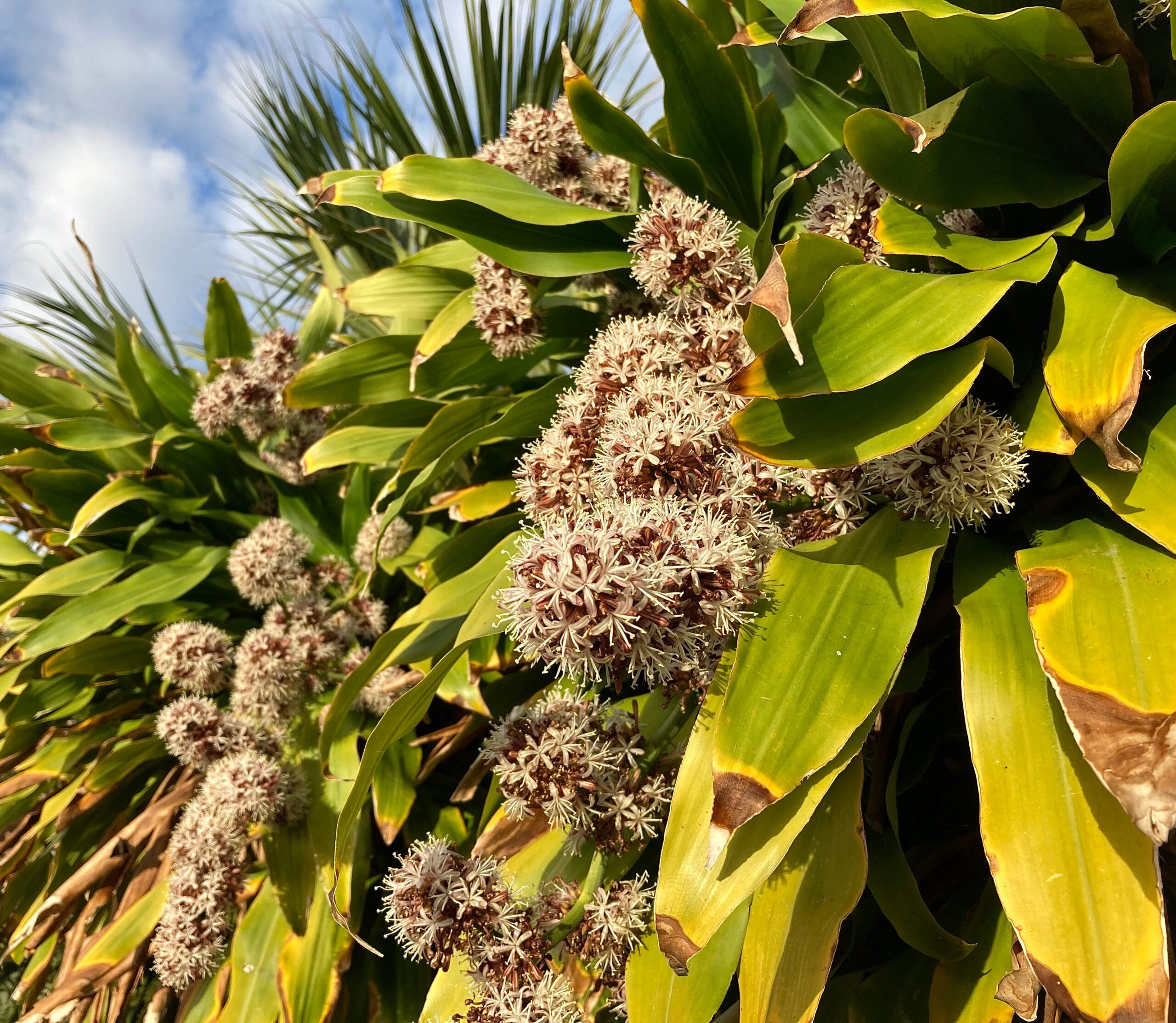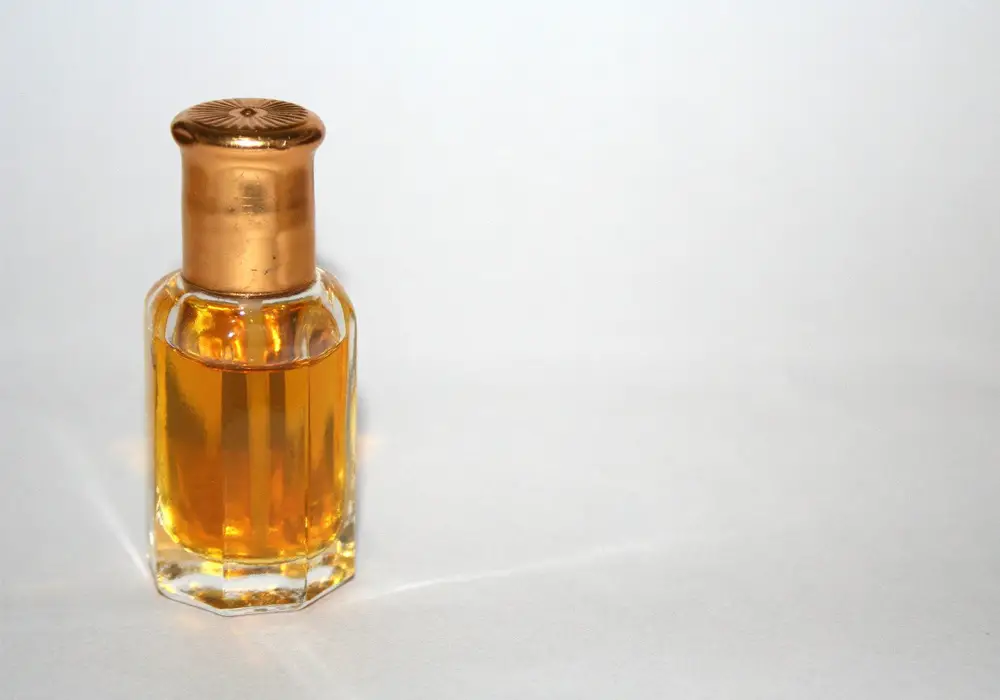Henna tattoos originated in ancient Egypt and India and have been used for centuries. These temporary body art forms are made from a natural dye obtained from the henna plant.
Henna art is deeply rooted in cultural and religious traditions, with designs symbolizing luck, fertility, protection, and joy. It has gained immense popularity worldwide, connecting people and cultures through the beautiful and intricate patterns that adorn the skin. Henna tattoos are not only a form of self-expression but also a way to embrace and appreciate the diverse art forms found across different regions of the world.
Whether it’s for celebrations, special events, or personal adornment, henna tattoos continue to be a fascinating and meaningful art form.
The History Of Henna Tattoos
Henna tattoos have a rich history and cultural significance. They originated from plant-based dyes made from henna, a shrub commonly found in hot, arid regions. The use of henna as a dye dates back several thousand years, with evidence of its use in ancient civilizations such as Egypt, India, and Persia.
In these ancient cultures, henna was used for a variety of purposes beyond body art, such as traditional rituals, celebrations, and symbolizing important life events. The dye was often applied to the skin in intricate patterns and designs, creating temporary tattoos that would fade over time.
Today, henna tattoos continue to be popular worldwide. They are seen as a form of self-expression and have gained recognition in Western culture. Henna artistry has evolved, with artists creating elaborate designs that are cherished by individuals of all ages. The history and beauty of henna tattoos make them an enduring art form that connects people across different cultures and generations.
Henna Tattoo Traditions Around The World
Henna tattoos have a rich history and cultural significance in various parts of the world. India and Pakistan have a long-standing tradition of henna tattoos, with intricate designs adorning the hands and feet of brides during weddings. This ancient art form symbolizes love, joy, and fertility.
In the Middle East, henna tattoos are popular, particularly during festive occasions such as Eid. These designs often feature geometric patterns and are believed to bring good luck and protect against evil spirits.
North Africa also has a strong henna tattoo culture, with designs that showcase intricate motifs reflecting the local traditions and beliefs. Many ceremonies and celebrations feature henna tattoos as a form of decoration and symbolism.
Overall, henna tattoos have a global appeal, representing beauty, celebration, and cultural heritage. Whether it is India, Pakistan, the Middle East, or North Africa, henna tattoos continue to captivate and inspire people worldwide.
Modern Popularity And Global Influence
Henna tattoos, also known as Mehndi, have a rich history that stretches back centuries. Originating from ancient India and the Middle East, these intricate designs hold deep cultural and religious significance.
In recent years, henna tattoos have gained widespread popularity in Western culture. They have become a common sight at festivals, celebrations, and even in the fashion and body art industries.
Westerners have embraced henna tattoos as a temporary form of self-expression and a way to adorn their bodies with beautiful patterns and designs. Henna tattoos offer a unique and artistic alternative to traditional permanent tattoos.
Festivals and celebrations provide the perfect opportunity for people to get henna tattoos. Whether it’s music festivals, weddings, or cultural events, henna artists are in high demand.
In the world of fashion and body art, henna tattoos have become a trendy accessory. Models and celebrities often sport henna tattoos on runways and red carpets, further fueling their popularity.
Overall, the modern popularity and global influence of henna tattoos have transformed this ancient art form into a contemporary trend that continues to captivate people worldwide.
Credit: en.wikipedia.org
The Process Of Creating Henna Tattoos
Originating from ancient cultures, henna tattoos have a rich history that dates back centuries. The process of creating these temporary body art designs involves sourcing and preparing the henna paste, applying it using various techniques and tools, and following proper aftercare and maintenance.
Sourcing and preparing the henna paste is a crucial step in the tattoo creation process. The plants used to make henna powder are typically grown in hot, dry climates, such as those found in countries like Iran, Pakistan, and India. The leaves of the henna plant are harvested, dried, and ground into a fine powder. This powder is then mixed with liquids such as lemon juice or water to create a smooth, workable paste.
When it comes to henna application techniques and tools, artists use a cone or a plastic applicator bottle to carefully draw intricate designs on the skin. The paste is applied in thin layers, allowing it to dry and soak into the top layers of the skin. Once the design is complete, the paste is left to dry for several hours before it is gently scraped off, revealing a reddish-brown stain underneath.
Proper aftercare and maintenance are essential for maintaining the longevity of a henna tattoo. To enhance the stain’s richness, it is advised to keep the tattoo area away from water for at least 24 hours after removal. Applying a natural moisturizer, such as coconut oil or shea butter, can help to protect the design and extend its lifespan. With proper care, henna tattoos can last anywhere from one to three weeks, gradually fading over time.
Variations In Henna Tattoo Designs
Where did henna tattoos originate and what are the variations in henna tattoo designs? Henna tattoos have a rich history, with origins that can be traced back to ancient times. Traditional patterns and symbols are an integral part of henna tattoo designs. They often feature intricate floral motifs, paisley patterns, and geometric shapes. These designs are not only beautiful but also hold cultural and symbolic significance. In recent years, there has been a rise in contemporary and personalized henna tattoo designs, which showcase individual creativity and personal style. Many people draw inspiration for their henna tattoos from various sources, including nature, art, and cultural symbols. From mandalas and animals to quotes and abstract designs, henna tattoos can be influenced by a wide range of inspirations. Whether you prefer traditional or modern henna tattoo designs, they continue to be a popular choice for temporary body art.
Exploring The Symbolism In Henna Tattoos
Originating in ancient Egypt, henna tattoos have a rich history that extends across various cultures. These intricate designs are not merely decorative but signify much deeper meanings. They hold spiritual and religious significance, serving as a form of self-expression and a way to honor one’s culture.
Henna tattoos carry deep symbolism, representing various aspects of life. In some spiritual traditions, they are believed to bring protection, blessings, and good luck. Different cultures have diverse interpretations of henna tattoos as well. For example, in Indian culture, henna is associated with joy, celebration, and marriage. Similarly, in Middle Eastern cultures, it symbolizes blessings, femininity, and sometimes even fertility.
The practice of creating henna tattoos has been passed down through generations, preserving cultural traditions and fostering a sense of identity and belonging. Beyond their symbolic value, henna tattoos also provide an outlet for artistic expression, offering individuals a chance to showcase their creativity and individuality.
Whether as a spiritual practice, a celebration of culture, or a mode of self-expression, henna tattoos continue to captivate people worldwide with their beauty and meaningful designs.
Learning About Henna Tattoo Safety
Henna tattoos have a rich history dating back centuries. Originating in ancient Egypt and spreading to various parts of the world, henna has been used as a form of body art and self-expression. However, it’s important to prioritize safety when getting a henna tattoo.
Potential risks and allergies can arise from using low-quality or chemical-laden henna products. To avoid these issues, it’s crucial to choose safe and natural henna products that are free from harmful additives. Look for reputable suppliers or artists who use high-quality organic henna powder.
Once you have your henna tattoo, taking care of your skin and practicing proper aftercare is essential. Avoid exposing the tattoo to excessive moisture or rubbing, as this may cause the design to fade quickly. Apply a thin layer of moisturizer to keep your skin hydrated and protect the tattoo.
Frequently Asked Questions For Where Did Henna Tattoos Originate
Where Did The Henna Tradition Originate From?
The henna tradition originated in ancient Egypt and has been practiced for thousands of years.
Is Henna Indian Or Egyptian?
Henna is a traditional plant-based dye used in both Indian and Egyptian cultures.
Is Henna Arabic Or Indian?
Henna is both Arabic and Indian, with origins in the ancient cultures of both regions.
What Does The Henna Tattoo Symbolize?
Henna tattoos symbolize beauty, tradition, celebration, and good luck in various cultures worldwide.
Conclusion
Henna tattoos have a rich and diverse history, with roots tracing back thousands of years. Originating in ancient Egypt and India, henna’s cultural significance has evolved over time, spreading to various regions around the world. Today, henna tattoos are a popular form of body art, embraced by people of different cultures and backgrounds.
Henna’s unique properties make it a versatile and attractive choice for individuals seeking temporary body adornment. Apart from their aesthetic appeal, henna tattoos also hold symbolic meanings in different traditions and ceremonies, making them more than just a fashion statement.
As the global popularity of henna tattoos continues to grow, it is important to respect and appreciate their cultural origins. Whether used for celebratory occasions, self-expression, or simply as a temporary artistic expression, henna tattoos offer a beautiful and meaningful way to connect with ancient traditions while adding a touch of personal style to our modern lives.

